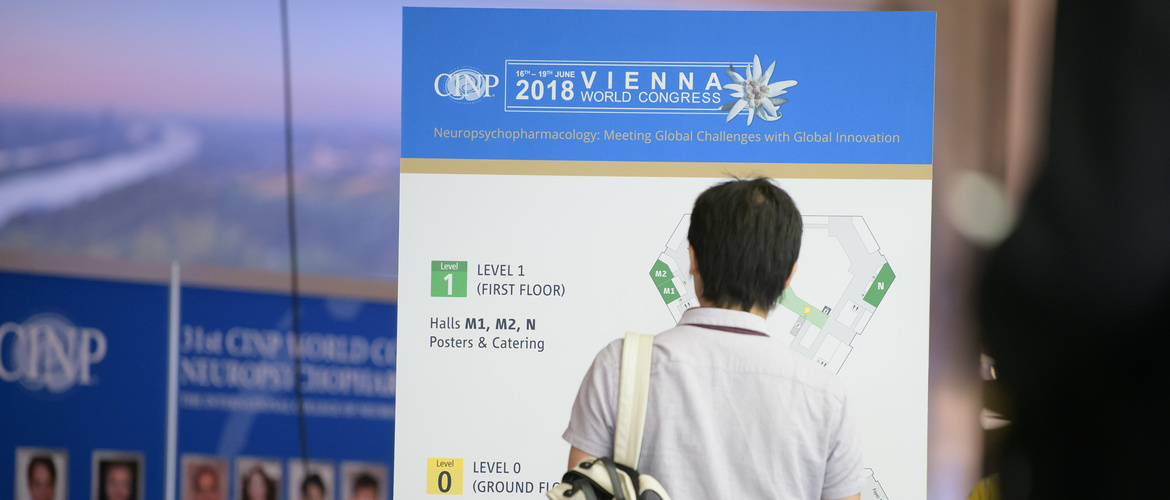
Choose a channel
Check out the different Progress in Mind content channels.

Progress in Mind

This meeting brought together four speakers who have examined and re-evaluated data from the huge evidence base published and unpublished trials of antidepressants. This allowed them to address some historic controversies and questions about these medications, and to look at some new ways to approach treatment.
Prof Elias Eriksson, University of Gothenburg, Sweden, opened the meeting, discussing the contentious issue of the placebo effect in antidepressant medication trials. He reviewed some of the explanations that have been given for this, and argued that some of the key proposals are not consistent with current evidence.
Placebo-controlled, double-blind, randomized controlled trials are still important for the registration of new antidepressant drugs. However, it has long been stated that some characteristic side-effects of medications may lead to unblinding for some patients. Famously, this idea has been developed and interpreted to propose that the superiority of SSRIs over placebo is exclusively a result of this mechanism1. This contention led to a change in treatment guidelines for mild and moderate depression in the United Kingdom (UK). The substitution of Cognitive Behavioral Therapy (CBT) for antidepressant treatment in this group of patients was recommended in the UK despite the fact that, as Prof Eriksson pointed out, the evidence supporting the efficacy of CBT does not reach the standards expected for medication trials in this setting.
The question of whether SSRIs are effective in mild to moderate depression was also addressed by Dr Fredrik Hieronymus, University of Gothenburg, Sweden. Using a large database of evidence, he argued that, when using a score on the Hamilton Depression Rating Scale (HDRS) to determine disease severity, rather than a categorical analysis based on symptomatology, then treatment effect does not appear to be affected by baseline disease severity. This is particularly the case when looking at items on the HDRS that correspond well to core symptoms of depression, rather than those that might reflect factors such as possible side-effects of the SSRIs.2
The beneficial effects of antidepressants cannot be explained by the presence of side-effects unblinding placebo-controlled trials
Prof Eriksson also asked the question: do the SSRIs require side-effects to exert an antidepressant effect3? Meta-analyses of placebo-controlled studies involving two SSRIs showed no consistent differences in antidepressant effect between patients who did and did not experience adverse events, both of which showed greater efficacy than those treated with placebo4. These data, he concluded, are not compatible with the hypothesis that the beneficial effects of antidepressants are explained by the presence of side-effects breaking the blind in placebo-controlled trials.
Prof Andreas Cipriani, University of Oxford, UK, discussed his recent network meta-analysis of antidepressant treatments5. This was the largest meta-analysis in medicine, involving approximately 120,000 patients and 522 medication trials. The results demonstrated higher efficacy for all antidepressant treatments against placebo, though not all drugs were equally effective. These results also revealed differences in the efficacy of drugs when they were used in placebo-controlled studies compared with head-to-head comparisons. Response rate was lower (RR 0.87; 95% CI 0.83, 0.92) and all-cause dropout rate higher (RR 1.19; 95% CI 1.08, 1.31) for the same antidepressants in placebo-controlled trials than in head-to-head trials. His analyses indicated that patient expectation of receiving placebo produces different levels of response in the treatment groups. In addition, missing data because of patient drop-outs from the placebo group early on in the trial can produce statistical anomalies if the last observation is carried forward. Thus, he cautioned, these two factors need to be taken into account in designing new placebo-controlled studies of antidepressant treatments in the future, and including such data in meta-analyses.
Clear demonstration of treatment effects of antidepressants against placebo
Prof John Krystal, Yale School of Medicine, USA, discussed the fact that heterogeneity presents some problems to current paradigms of antidepressant treatment, as some patients enrolled in trials will be relatively unresponsive to treatment due to their underlying disease type. This heterogeneity, if it can be understood, however, is an opportunity to bring personalized medicine to match patients with appropriate treatments.
Patients, who showed little or no response to treatment should not be overlooked, but clinicians could do well in some way to achieve better treatment outcomes
Prof Krystal proposed that one way to understand this heterogeneity is through trajectory-based analysis. This aims to identify the different patient trajectories that best account for the data in a given population. Thus, in a large analysis of several trials of an antidepressant, two trajectories were identified within the treatment group, one group (76% of the patients) that had better outcomes than the placebo group and one group (24%) who showed worse outcomes than patients receiving placebo. The implication of this, he suggested, was that Patients, who showed little or no response to treatment should not be overlooked, but clinicians could do well in some way to achieve better treatment outcomes.
The trajectory of disease relapse was also discussed by Prof Krystal. He concluded that ongoing treatment does provide some protection from relapse, but this is much greater when the patient has achieved stable disease remission, rather than simply a treatment response. It is therefore important, he suggested, that clinicians find ways to account for stability of treatment response, and therefore disease remission as an important outcome of treatment.
A stable treatment response appears to be important protection from future relapse
Finally, Dr Fredrik Hieronymus addressed the question of whether SSRIs show a dose–response relationship. His review of the evidence supported the fact that this is the case, although the dose–response reaches a plateau at doses at the top end of the normal dose range for these drugs.